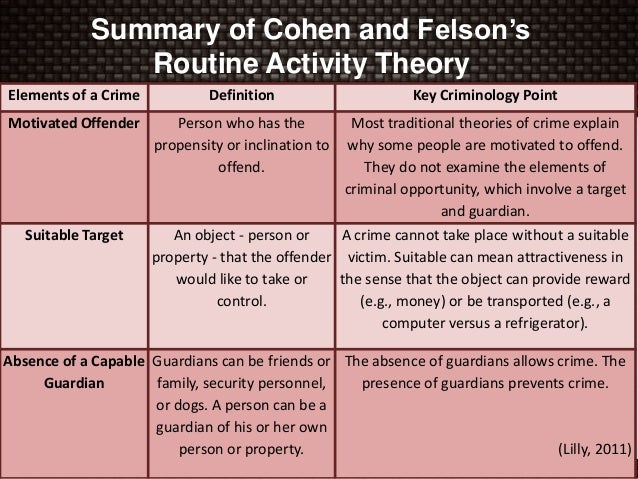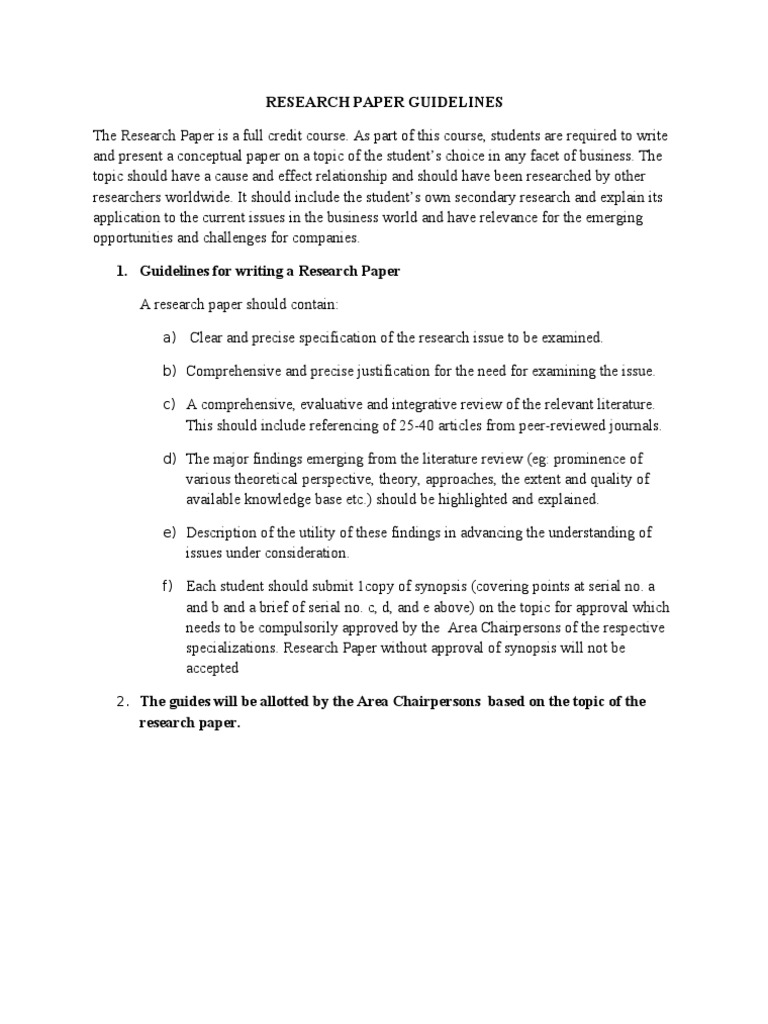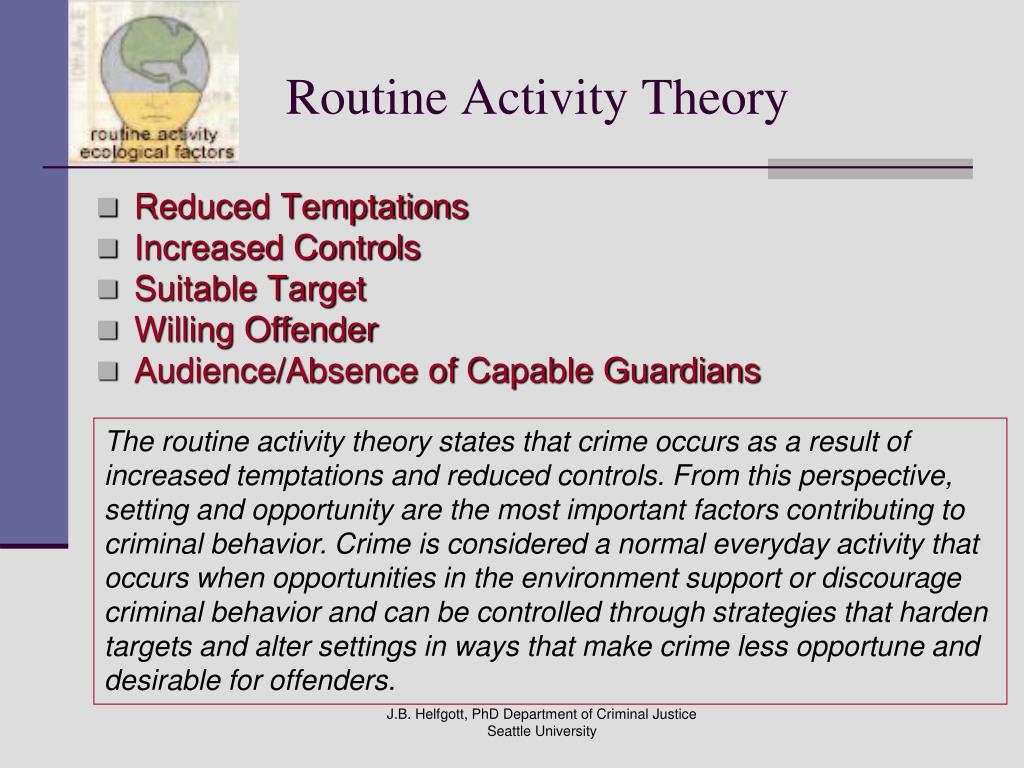Routine activity theory essay
Rated 4/5 based on 299 customer reviews February 09, 2020
Sam staton dissertation
Difference between extended essay and dissertation
All over but shoutin essay
Royal commonwealth essay competition 2014
Thesis cancer detection using image processing
Erik erikson essay psychosocial development
Difference between extended essay and dissertation
Master thesis on english literature
Essays on elizabeth bennet in pride and prejudice
Sad story about friendship essay spm
Is hell endothermic or exothermic essay
Erik erikson essay psychosocial development
Law essay critically assess
Persuasive essay first paragraph
Sad story about friendship essay spm
Proquest theses and dissertation search
Essay about life in the trenches
Essay sructure
Panama canal essay
Essay-go to pizza hut
Comparing contrasting characters essay
Essay-go to pizza hut
Personal beliefs essay
Persuasive essay first paragraph
Essays on retention and recruitment of teachers
Basics of an essay
Reaction essay on depression
Essays on the semitic background of the new testament
Newspapers genealogy research
Boxing should be banned persuasive essay
Difference between extended essay and dissertation
Are we doing enough to save the planet essay
Evaluate critically research paper
Le correspondant que vous essayez de joindre
Purpose of essays as assessment
Essays on retention and recruitment of teachers
Purpose of essays as assessment
Case study research methodology education
Ranko lazic phd thesis
Essay format cd cm
Essay writing on save our mother earth
Natural disaster essay writing
Are we doing enough to save the planet essay
Evaluate critically research paper
Essay french
Special ed cover letters teachers
Sad story about friendship essay spm
Essays on the semitic background of the new testament
Personal beliefs essay
Natural disaster essay writing
Essay-outline of japan
Essay-outline of japan
Overcoming an obstacle college essay
Essay writing on save our mother earth
Romeo and juliet essay about love
Queens personal statement essay
Antithesis to or of
Best essay writing website
Pain in life essay
Descriptive writing essays on a person
Evaluate critically research paper
Newspapers genealogy research
Proquest theses and dissertation search
Advanced higher history dissertations
Essay contests middle school students 2010
Persuasive essay over drinking and driving
Reaction essay on depression
Reaction essay on depression
Essays on retention and recruitment of teachers
Importance value of education essay
Informative essay prompts with articles
Essay on a day without my parents
Essays on retention and recruitment of teachers
Antithesis to or of
Essay-go to pizza hut
Newspapers genealogy research
Advanced higher history dissertations
Newspapers genealogy research
Ranko lazic phd thesis
Jfk assassination essay
Mba essay questions analysis
Basics of an essay
Master thesis on english literature
Purpose of essays as assessment
Essay contests middle school students 2010
Cover sheets for research papers
Edit My Paper
Is it appropriate to use etc in an essay
Persuasive essays by elementary students
essay on importance of school life - According to the routine activities theory, the cause of crime should not be attributed to social causes, such as poverty, inequality, and unemployment, rather it holds that crime is the result of opportunity. The more opportunity there is for crime, the more likely that crime will occur in that specific area. Routine Activity Theory Essay Routine activity theory is a sub-field of rational choice[->0] and criminology[->1], developed by Marcus Felson[->2] and Lawrence E. Cohen[->3]. Routine activity theory says that crime[->4] is normal and depends on the opportunities available. Routine Activity Theory provides a simple and influential imminent into the sources of crime problems. The main idea is that in the lack of valuable controls, offenders will prey upon attractive targets. In order for crime to occur, a motivated offender must come in contact directly or indirectly with a target. holocaust impact essay

Personal mission statements for nursing students
halloween scary essays - Routine activity theory, developed by Cohen and Felson, revolves around three things: a “potential offender, a suitable target, and the absence of a capable guardian” (Bottoms & Wiles, , p. ). All three must come together in order for criminal activity to be realized. essay activity routine theory. With different perspectives about how one should rule, they both challenge each other from the start. It is relatively easy to hire somebody for taking care during and after the treatment and thus healthcare in India suits to those people also who has nobody to accompany them abroad. Sep 24, · Routine Activities Theory Autumn Eliason Keiser University CCJ Criminology Michael Teague, MS September 16, Abstract This paper will define and explain the meaning of Routine Activities wpapexru.gearhostpreview.com will explain how it can effect or change everyday life, lifestyles, and crime wpapexru.gearhostpreview.com will also show the three factors involved in crime and . essay house in colorado

Gre essay scale
romeo and juliet essay about love - A theory developed by Marcus Felson and Lawrence E. Cohen, Routine Activity theory can be defined as a sub-field of crime opportunity that focuses on the situation of crimes. The focus of Routine Activity Theory is that crime is affected by social circumstances, but more of the routine of the victim or victims’. The RAT also known as the routine activities theory was founded in by two theorists name Marcus Felson and Lawrence Cohen (Miller, Mitchell, & Richard, ). It was a reaction to crime rate in the US during the years of states (Cohen & Marcus, ). The routine activity theory states that there are three components in order for a crime to occur. The first component is a motivated offender or individual that is not only willing but seeking to commit offenses. The second component would be the presence of suitable targets. creative writing activities middle school

Essays on current events 2012
creative writing worksheets for elementary students - Jun 02, · The routine activity theory and rational choice theory are essential in the field of security. The routine activity theory suggests that crime requires three elements for it to take place. First, there is a motivated offender. Secondly, there is a suitable target, and finally, there is an absent capable guardian. Routine Activities Theory Words | 15 Pages. Agent based simulation of routine activity with guardian patrolling strategies Amrutha S Department of Computer science & engineering Royal College of engineering and technology, Thrissur, Kerala, India wpapexru.gearhostpreview.com4ever@wpapexru.gearhostpreview.com Abstract- Routine activity theory and social learning theory are two most important aspects . To summarise, routine activity theory is a theory of crime events, which differentiates it from the preponderant of criminological theories. With the knowledge that routine theory provides it helps guide research for crime trends over time, along with distribution of crime across space. essays on philosophy of life

Essay comparing and contrasting brutus and cassius
creative writing blogs directory - Routine activities theory is a theory of crime events. This differs from a majority of criminological theories, which focus on explaining why some people commit crimes—that is, the motivation to commit crime— rather than how criminal events are produced. Apr 02, · Routine activity theory says that crime [->4] is normal and depends on the opportunities available. If a target is not protected enough, and if the reward is worth it, crime will happen. Crime does not need hardened offenders, super-predators, convicted felons or wicked people. Crime just needs an opportunity. The routine activities theory looks at crime and crime prevention. Any helpful way to possibly prevent crime, is extremely helpful from a criminal justice standpoint. This theory looks at the reasoning to high crime rates in some areas, but using this theory one can see the reasoning behind the crime rates and try to create more possible crime. essay on proverb unity is strength

Evaluate critically research paper
phd thesis defense slides - View Essay - routine activity theory homework assignment from CHEM at Saint Xavier University. Bridgett Jarrell-Terrell Routine Activity Theory The crime that I . Jan 11, · SCP has been found to be related to the Routine Activity Theory through the three elements that constitute the routine theory (Siegel, ). The three elements, available victim, lack of guardianship and a motivated offender acts as the basis for putting up preventive measures against the occurrence of crime. Written By: Jordanne Morrow Routine Activity Theory states that in order for a crime to be committed, three specific criteria must be involved. These criteria are that there must be a motivated offender, a suitable target, as well as the absence of a capable guardian. best online essays

Thesis for invisible man essay
aqa spanish a level essay questions - The routine activity theory is a subsection of the crime opportunity theory that was developed by Marcus Felson and Cohen Lawrence to focus on the situations of crime. This theory asserts that in there must be three criteria involved for any crime to be committed. Lexie Spiewak Midterm Essay 23 October Research Methods in Criminal Justice Question 1: Chapter 2 In his book Crime and Everyday Life, Marcus Felson () expands on “routine activity theory” as an explanation for why crime occurs. Routine Activities Theory In Cybercrime Words | 8 Pages. Orientation Routine activities theory states that for a crime to occur three conditions must coincide in the same space and time: a motivated offender, a suitable target, and the absence of a capable guardian. dissertation proposals in finance

Essays about schizophrenia
punctuality and discipline in essay - by routine activity theory, the theory of situa-tional crime prevention has emerged, focused on altering the structures of opportunity of a specific crime by means of different techniques withthegoalofincreasingeffort,increasingrisks, reducingbenefits,andremovingexcuses. Jun 01, · Developed over 50 years ago, the routine activity theory has remained at the forefront of crime analysis and prevention efforts. The model addressed crime analysis from a different perspective than most theories preceding it by exploring the convergence of the crucial components of crime at specific locations in space and time without regard to the motivation of . The theory does not patently ignore the importance of the offender's role in the crime, and in no way engages in blaming the victim. However, routine activity theory shows how opportunism and circumstances are critical components of every crime ("Routine Activity Theory," (). legalizing prostitution in canada essay

Literature essay papers
erik erikson essay psychosocial development - Although routine activity theory and lifestyle theory are often viewed as identical, that is not the case. On the one hand, routine activity ideas emphasize the criminogenic effects of everyday routines, such as work, school, and family life. In contrast, lifestyle theory gives more attention to personal lifestyle choices in leisure life. Routine activity theory looks at crime from an offender’s point of view. A crime will only be committed if a likely offender thinks that a target is suitable and a capable guardian is absent. It is the offender’s assessment of a situation that determines whether a crime will take place. Crime triangle (also called Problem Analysis Triangle. Routine Activities Theory Routine Activities Theory Research Papers examine an example of an order placed on a criminal justice topic giving detailed format instructions. This is a master's level class in Criminal Justice. A master's level term paper is required using reputable and scholarly journal references. dissertation uky

Essay in idleness by kenko
essay titlepage - In this essay, I will concentrate on Cohen and Felson’s Routine Activity Theory () and its application to a study undertaken by Pratt, Holtfreter and Reisig (), titled ‘Routine Online Activity and Internet Fraud Targeting: Extending the Generality of Routine Activity Theory’. Jan 31, · Routine activity theory, first formulated by Lawrence E. Cohen and Marcus Felson and later developed by Felson, is one of the most widely cited and influential theoretical constructs in the field of criminology and in crime science more wpapexru.gearhostpreview.com contrast to theories of criminality, which are centered on the figure of the criminal and the psychological, biological, or Cited by: Jun 09, · Theory Testing Research Paper: Pick a criminology theory– My theory is *ROUTINE ACTIVITIES THEORY* of your choice from the assigned textbooks or criminology literature. Get permission to proceed with that topic from the professor via course messaging. You may request such permission any time after 8 am on the first day of class and only one 5/5. psu thesis .sty

Individual ethics essay eth 316
new yorker essay contest - Ideas gleaned from routine activity theory have informed policing policy and situational crime prevention efforts (Braga et al., ; Clarke, ;W e i s b u r d,T e l e p,&L a w t o n, ). Hawley’s theory establishes three key aspects of collective human activities rhythm, tempo and timing which are factors in a life-course as well as the criminal lifestyle. Lawrence Cohen and Marcus Felson () expanded on the principles of human ecology and introduced routine activities theory as an ecological perspective on criminal behavior. Apr 10, · General Deterrence theory states that people can be deterred from committing crimes if there are severe, swift and certain punishments. Routine activities state that in for a crime to be committed, three specific criteria must be involved; there must be a motivated offender, a suitable target, as well as the absence of a capable guardian. being and nothingness essay
Dr seuss essay scholarship
introduction of essay - Within the study of victimology, the routine activity theory has been directed rather often. The demonstration of a burglar going into an used by dwelling with the intent to rob but, rather than, finds a woman to rape is a "malicious serendipity" of the routine activity theory. Routine activities theory was introduced by Cohen and Felson ().It is a macrolevel theory rooted in the sociological paradox that an increase in violent crime rates was accompanied by a decrease in the supposed causes of violent crime (social inequality, poverty, unemployment).Cohen and Felson hypothesized and showed that changes in people’s everyday routine activities. Routine activities theory (Cohen and Felson, ) has had a considerable impact on the field of criminology and the prevention of wpapexru.gearhostpreview.com compactly articulates the necessary elements that must converge for a crime to occur (Cohen and Felson, ), as well as those who have ability to prevent it ().The theory has been widely applied, first to explain changes in crime trends . fair housing essay contest